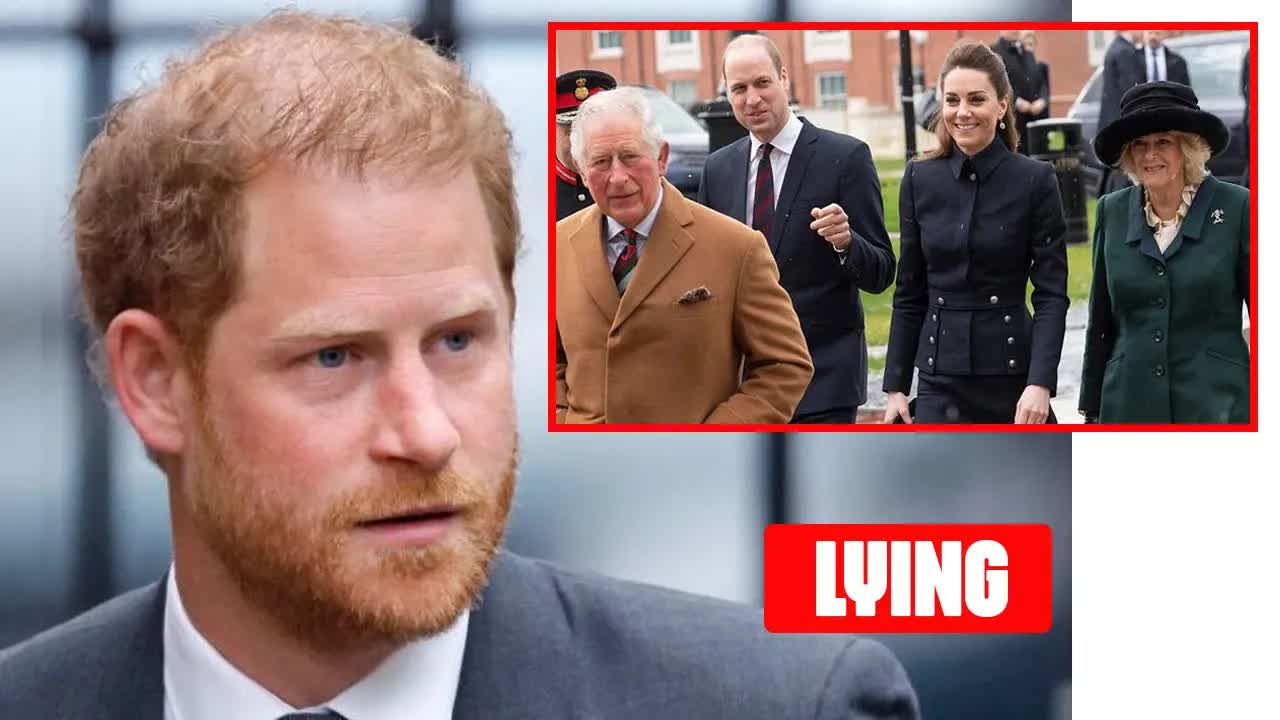The News
Prince Harry Accuses Royal Family of Withholding Phone Hacking Information
In a recent turn of events, Prince Harry has made bold claims that the royal family deliberately kept crucial information about phone hacking from him.
This revelation came to light through a witness statement submitted as part of his civil lawsuit against Associated Newspapers, the publisher behind the Daily Mail.
Harry acknowledges the family's longstanding mantra of “never complain, never explain” when it comes to media interactions.
However, he argues that this policy has left him in the dark about significant issues affecting him personally.
Harry recounted a pivotal moment in 2018 when he first realized he had a legitimate claim regarding phone hacking.
His statement reveals that he believes the royal institution withheld pertinent information about the practices of News Group Newspapers for an extended period.
It wasn't until he sought different legal counsel that the extent of this withholding became evident.
The prince expressed frustration over the lack of transparency within the royal family, suggesting that communication is far from seamless as many might think.
He elaborated on how his understanding of the situation shifted dramatically in 2020 after relocating from the UK.
Harry explained that there was never a comprehensive dialogue among family members regarding who had pursued legal action against the press.
Each department within the royal institution operates in isolation, which he believes contributes to misunderstandings and misinformation.
He remarked that acknowledging these claims could lead to uncomfortable truths being exposed.
In his court documents, Harry pointed out that his brother, Prince William, was also a target of phone hacking by private investigator Glenn Mulcaire, who worked for various newspapers during the mid-2000s.
According to Harry's claims, Mulcaire provided illegally obtained information and offered a range of illicit services to employees at the now-defunct News of the World.
This revelation adds another layer of complexity to the ongoing legal battle and raises questions about the extent of media malpractice.
Harry concluded his written statement with a passionate declaration of his motivations.
He stated that his actions stem from a deep love for his country and a desire to shed light on what he perceives as the unchecked power and influence of Associated Newspapers.
He believes the British public deserves transparency regarding the alleged cover-up surrounding these phone hacking incidents.
The reaction to Harry's claims has been swift and divided.
Some royal fans took to social media to express their disbelief, with one user, Emma Lear, arguing that the royal family did not attempt to conceal information about phone hacking.
She asserted that it was indeed the royal family that prompted Scotland Yard to investigate the matter, countering Harry's narrative that he was kept uninformed.
Critics have labeled Harry's statements as self-serving, accusing him of spreading disinformation.
They argue that it was common knowledge within the royal circles that the family had taken legal action against phone hacking.
Detractors suggest that if Harry had been more engaged with current events or sought clarity from his family, he would have been aware of his legal options much earlier.
Furthermore, some commentators have pointed out that Harry's focus on victimhood may stem from a struggle to redefine his identity outside of royal duties.
They argue that his narratives often revolve around past grievances, suggesting that he clings to these stories as a way to maintain relevance in the public eye.
As the legal proceedings unfold, the tension between Harry and the royal family continues to escalate.
The implications of these claims could have far-reaching consequences, not just for Harry but for the institution itself.
Public interest remains high, with many eager to see how this saga will impact the royal family's image and their relationship with the media.




































































